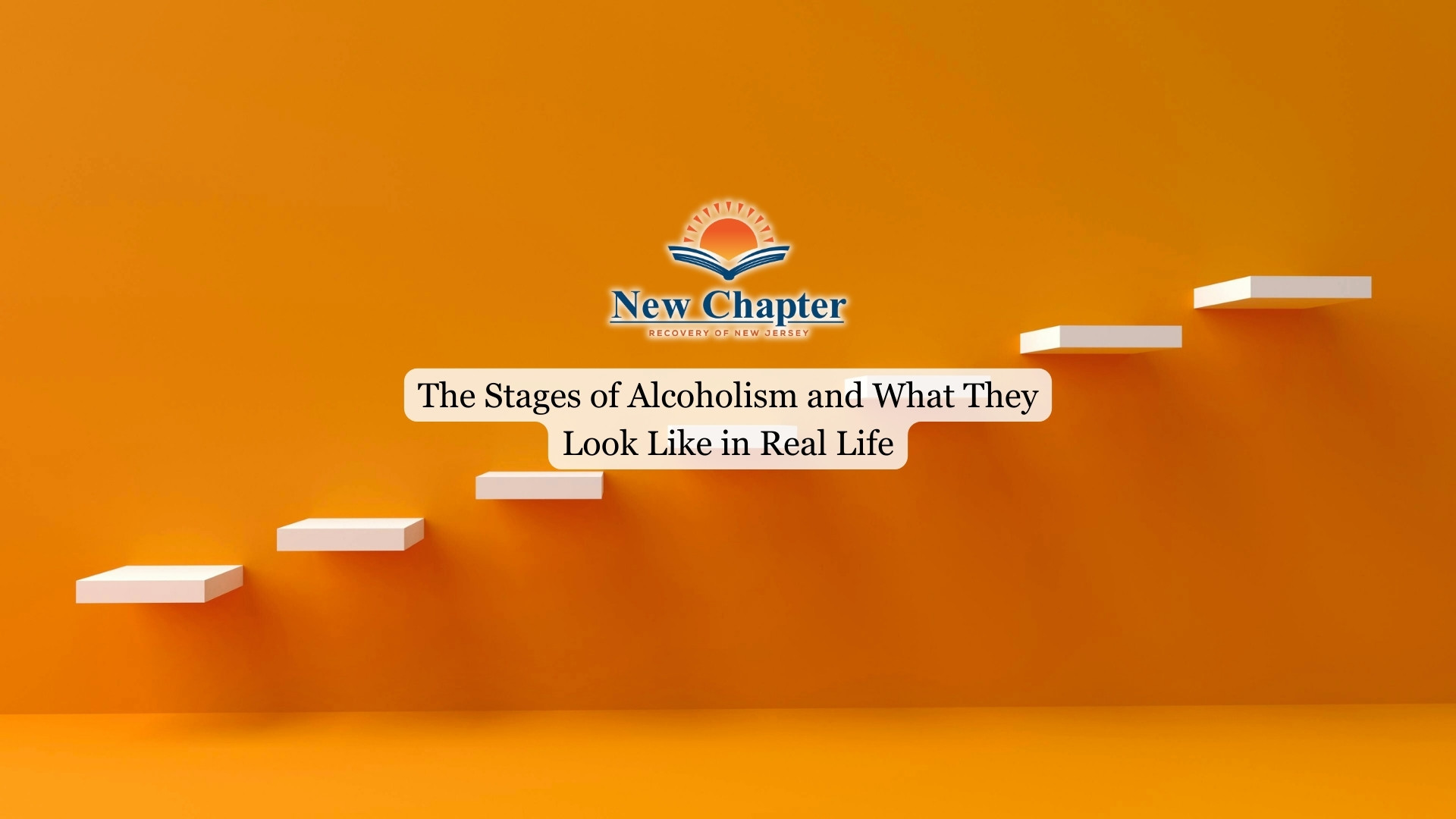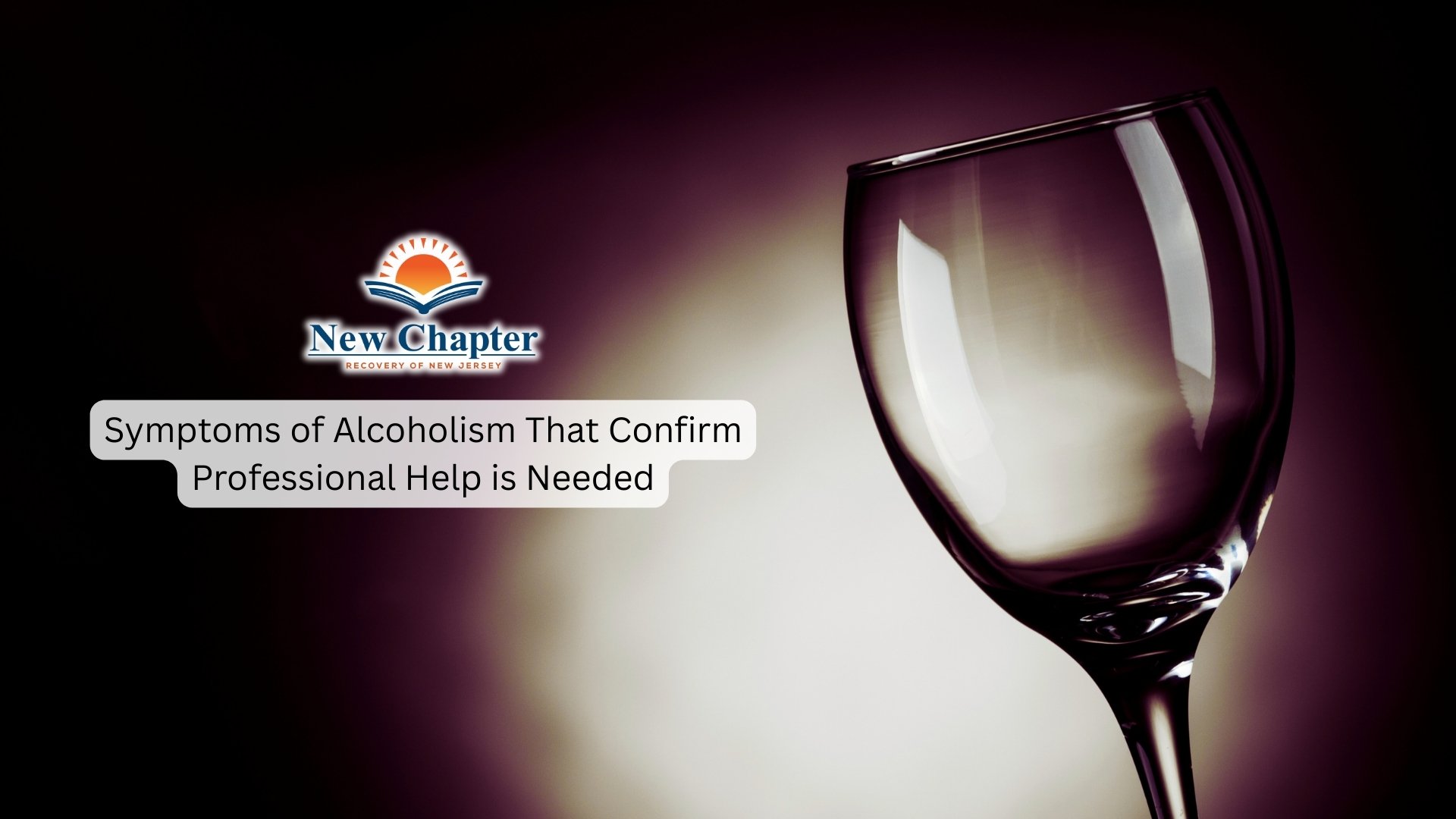Chest pain after cocaine use is a serious and potentially life-threatening symptom. Whether it’s a sharp stabbing pain or a lingering tightness, understanding how long cocaine chest pain lasts—and what it means—is critical.
In this article, we’ll break down the causes, duration, and risks of chest pain related to cocaine use, including when to seek medical attention and how treatment can help prevent future complications.

Table of Contents
Toggle- Why Cocaine Use Causes Chest Pain
- Duration of Cocaine Chest Pain
- The Risks Behind Cocaine-Induced Chest Pain
- Cocaine Abuse and Its Lasting Effects on the Heart
- Evaluation and Management of Cocaine-Associated Chest Pain
- Cocaine Addiction Treatment and Long-Term Recovery
- Final Thoughts from New Chapter Faith Recovery
Why Cocaine Use Causes Chest Pain
Cocaine is a powerful stimulant that significantly affects the cardiovascular system. When someone uses cocaine—even just once—it can constrict the coronary arteries, increase heart rate and blood pressure, and reduce oxygen supply to the heart muscle. These effects of cocaine can result in chest pain, even in young and otherwise healthy individuals.
Cocaine can also cause chest pain by triggering coronary artery spasms or promoting blood clot formation. This can lead to a condition called myocardial infarction (heart attack), which is one of the most dangerous complications of cocaine use. Many patients with chest pain associated with cocaine addiction don’t realize how rapidly this drug can impact the heart. Even small doses of cocaine may result in pain in the chest, particularly in people with pre-existing cardiovascular risk factors.
Duration of Cocaine Chest Pain
The duration of chest pain after cocaine use can vary widely depending on several factors, including the user’s overall health, the amount of cocaine used, frequency of use, and whether there are existing cardiac conditions. In general, the timeline may include:
- Mild chest pain: Often begins within an hour after using cocaine and may last from a few minutes to 2–3 hours. This is typically seen in users without cardiac damage or underlying heart issues.
- Moderate pain or discomfort: Can persist for 3–6 hours and may include symptoms like tightness, burning, or pressure. These users may have early-stage cardiovascular strain.
- Severe chest pain or myocardial infarction: Pain can last 6–12 hours or longer, especially in patients with cocaine-associated myocardial infarction. This may require hospitalization and continuous cardiac monitoring.
- Recurrent episodes: Individuals who engage in repeated cocaine use may experience chest pain episodes more frequently and with increasing intensity over time due to cumulative cardiovascular damage.
For low-risk patients with cocaine-associated chest pain who do not show signs of cardiac damage, pain often subsides within a few hours after the drug’s effects diminish. However, those suffering from acute cocaine-induced myocardial infarction may need emergency intervention and prolonged care to manage chest pain and prevent complications.
The Risks Behind Cocaine-Induced Chest Pain
Chest pain is more than just uncomfortable—it can signal acute cardiac injury. The use of cocaine can cause direct damage to the heart muscle, contribute to arrhythmias, or even result in acute myocardial infarction. Among cocaine users, the rate of cocaine use is strongly linked to the likelihood of experiencing cardiovascular complications.
According to studies on patients with cocaine-associated chest pain, up to 6% of cases in emergency departments are due to acute coronary syndromes. This makes chest pain and myocardial infarction significant concerns for anyone using cocaine. Repeated episodes due to cocaine increase the chance of long-term cardiac issues, including heart failure and arterial damage.
Cocaine Abuse and Its Lasting Effects on the Heart
Cocaine abuse includes both occasional and chronic use, and both can lead to serious complications. Even people with no history of heart disease can experience chest pain associated with cocaine abuse. Over time, the cardiovascular complications of cocaine use may become more pronounced, particularly with continued cocaine use or when cocaine is mixed with other substances.
The effects of cocaine use on the heart can include inflammation of the heart muscle, scarring, and damage to the coronary arteries. Patients who do not use cocaine do not face these elevated risks. Among patients with chest pain associated with cocaine, those with a longer history of cocaine use or intravenous cocaine use are at higher risk of major cardiac events.

Evaluation and Management of Cocaine-Associated Chest Pain
Patients with chest pain after cocaine use should always be evaluated in a medical setting. Emergency departments will typically conduct an ECG, check cardiac enzyme levels, and assess for signs of myocardial infarction. The evaluation of cocaine-associated chest pain often includes screening for cocaine metabolites in the urine and reviewing the patient’s substance use history.
In terms of treatment, the management of cocaine-associated chest pain may involve the use of calcium channel blockers, benzodiazepines, and, in some cases, nitrates. These medications help reduce heart rate and blood pressure, relax coronary arteries, and relieve chest discomfort. However, treatment doesn’t end in the ER.
Without addressing the underlying cocaine addiction, patients are at risk for repeated episodes of chest pain and long-term cardiac damage.
Cocaine Addiction Treatment and Long-Term Recovery
Cocaine addiction is a chronic, relapsing condition that often requires comprehensive treatment. Recovering from cocaine means addressing both the physical and psychological aspects of substance use. Many patients with cocaine-associated chest pain benefit from outpatient programs that include individual counseling, group therapy, and relapse prevention strategies.
In addition to treating the immediate effects on the heart, effective cocaine addiction treatment focuses on long-term recovery. It helps individuals understand the risks associated with cocaine use and develop strategies to avoid relapse. Without treatment, recurrent chest pain and cardiovascular complications are likely to persist—placing individuals at ongoing risk for life-threatening conditions.
Final Thoughts from New Chapter Faith Recovery
Cocaine use can cause chest pain that ranges from mild discomfort to a sign of acute myocardial infarction. The duration and severity of pain vary, but it should always be taken seriously. Understanding the risks and seeking prompt care can be life-saving, especially for those with repeated exposure to the drug.
At New Chapter Faith Recovery, we specialize in helping individuals overcome substance use and mental health challenges, including cocaine addiction. Our evidence-based outpatient programs in New Jersey support the full recovery process—from managing physical symptoms like chest pain to addressing the deeper roots of addiction.






